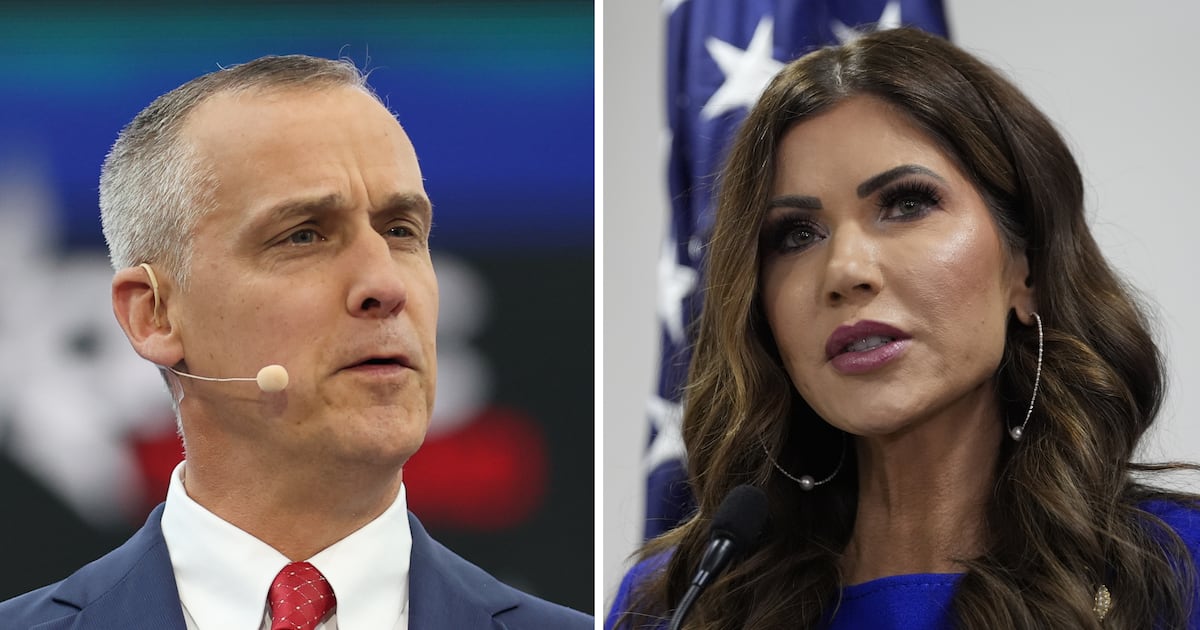Holden Caulfield is just 16 when The Catcher in the Rye opens, but in this 65thanniversary year of J. D. Salinger’s modern classic, Holden seems much older than he did in 1951 thanks to the presidential election and Donald Trump. Holden’s confused, but honest, struggles to deal with the girls in his life anticipate the current national discussion we are having over what it means to be a sexually responsible man.
Holden’s story revolves around three days he spends on his own in New York City between the Saturday when he leaves the prep school he has been expelled from and the Monday he arrives at his parents’ apartment to give them the bad news. It’s an anxious time for Holden but also a time for taking stock of the girls he’s interested in and explaining why, to use the hyperbole he offers up, he is “probably the biggest sex maniac you ever saw.”
Holden certainly is no sexual angel—let alone politically correct. When he goes ice skating at Rockefeller Center with Sally Hayes, he can’t stop looking at the “butt-twitcher of a dress” she has on. He is delighted by “how cute her little ass” is. But while Holden thinks these thoughts about Sally, he knows enough to keep them to himself. He never embarrasses Sally by talking about her body.
Holden’s restraint is consistent. When he goes out with Jane Gallagher, a shy girl he likes very much, he is content to hold hands with when she makes it clear she doesn’t want to go any further.
In New York Holden could easily have his way with Sunny, a prostitute who comes to the hotel room he books before going to his parents’ home, but here, too, Holden is respectful. He never sees Sunny as just someone for sale. He is initially struck by is how young she looks rather than how sexually experienced she may be. He asks Sunny if she would like to talk before they have sex, and when she declines, he offers to pay her for not sleeping with him. “I felt more depressed than sexy,” Holden tells the reader after his encounter with Sunny.
Holden has no formal moral code that he operates by at this time in his life, but he does have an instinctive revulsion at being a sexual bully. “They tell me to stop, so I stop,” Holden says of his conversations with the girls he dates. “I always wish I hadn’t after I take them home, but I keep doing it anyway.”
Holden confesses his willingness to stop by way of explaining that he is still a virgin. As he observes in a sentence designed to excuse his lack of sexual experience, “I’ve had quite a few opportunities to lose my virginity and all, but I’ve never gotten around to it yet.”
The irony of this admission is that it reflects how Holden is often embarrassed by his basic decency. When it comes to living up to what is sexually expected of him, Holden can be as much a prisoner of his button-down generation as Donald Trump at 70 is of the Playboy culture he absorbed while growing up. The difference between them is that Holden has empathy. He continually puts himself in the place of the girls he would sleep with if given the chance.
This empathy means Holden won’t engage in locker-room talk to boost his own sexual status. When a boy at Holden’s school dates a girl whom Holden has also dated, Holden refuses to discuss the girl. Instead, he picks a fight with the boy, whom he believes has taken advantage of the girl while they were on a date.
Holden loses the fight. The boy is not only better looking than Holden. He is bigger and stronger. The defeat is humiliating for Holden, and he doesn’t try to cheer himself up with the notion that he is a white knight sticking up for the girl’s reputation. That would, he knows, be giving himself too much credit for gallantry.
Holden’s unspoken sexual code isn’t based on the idea that helpless girls need rescuing. Instead, it’s based on the belief that sex can’t be good for him unless it is good for whomever he is with, even if that means, as Holden reluctantly admits, “My sex life stinks.” As far as Holden is concerned, there is in the end no doubt that, when it comes to girls, no means no and only yes means yes.
Nicolaus Mills is chair of the literature department at Sarah Lawrence College and author of Every Army Man Is with You: The Cadets Who Won the 1964 Army-Navy Game, Fought in Vietnam, and Came Home Forever Changed.






